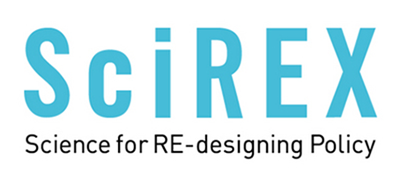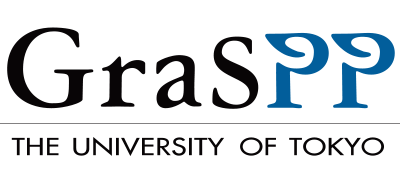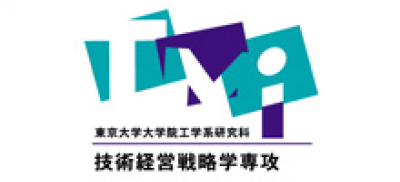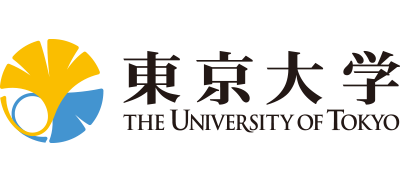Human-related factors in innovation and STI policies
What does the word “innovation” invoke in your mind? Innovation can be defined as a “process to create social or economic values through launching new products into the market or through introducing new processes.” I believe, among others, the key to grasping the idea of innovation is to recognize that it is by human activities.
At a micro level, we know the importance of human resources who create innovations and those who manage them in organizations and companies. Here, you will see other relevant issues such as identifying obstacles to innovation and building relationships with other organizations to encourage innovations. It is also humans that use the results of innovations in forms of new products or processes. For specialists of R&D management and those of STI policies, their issues of concern include how consumers react to new products and what is the social/economic impact of them. The degree of R&D spillovers is also a topic of interest. Furthermore, the STI policymaking processes can be complex and ineffective as they involve various groups’ interests. In addition to discussing and examining STI policies based on evidence, we should have the perspective of how we utilize it in actual policymaking processes.
STIG is aimed at fostering human resources engaged in policy-making, STI policy research, and R&D management. Given the importance of human resources in innovation and STI policies, STIG’s mission is directly linked to future growth in Japan.
I have been involved in quantifying the economic impact of innovations as well as evaluating STI policies from the perspective of economics. Economics is a discipline that deals with human decision-making. I hope that we can study STI policies along with human-related factors through this program together.



